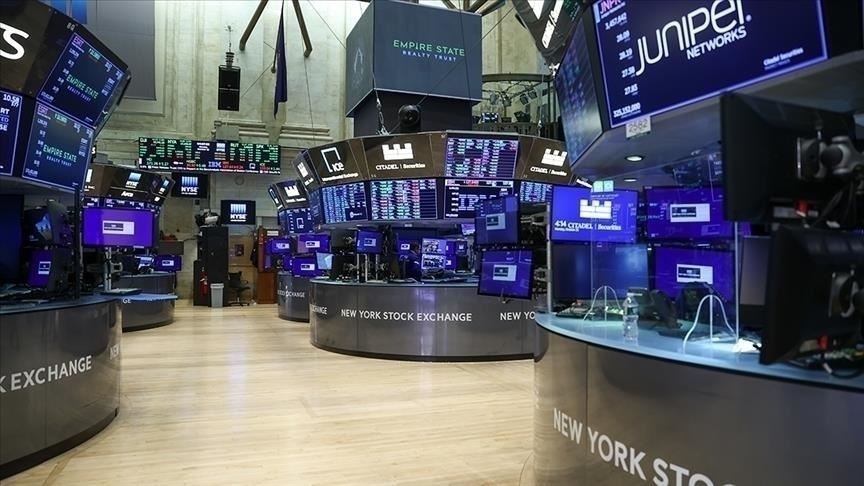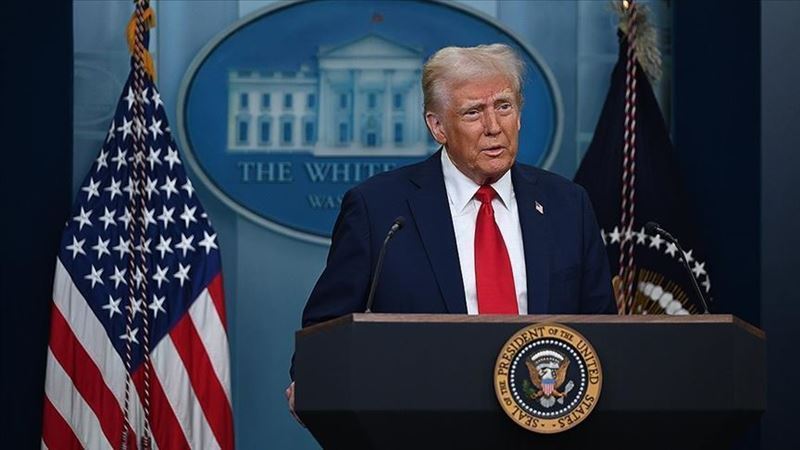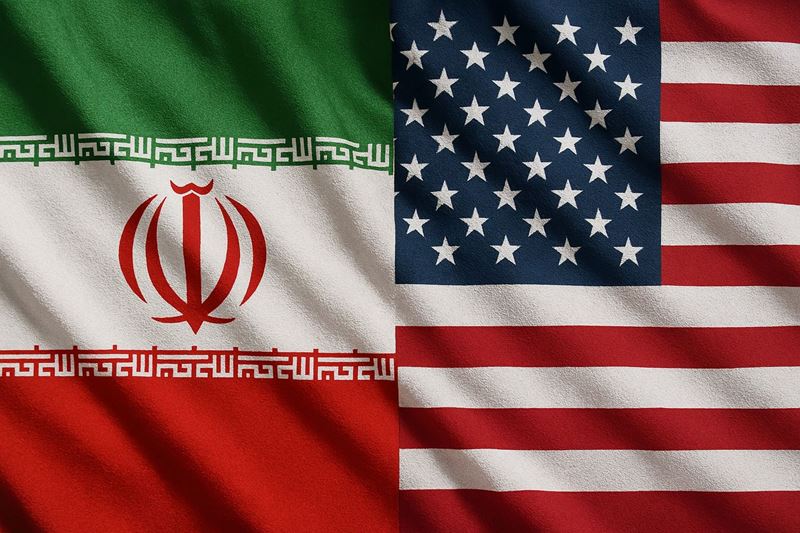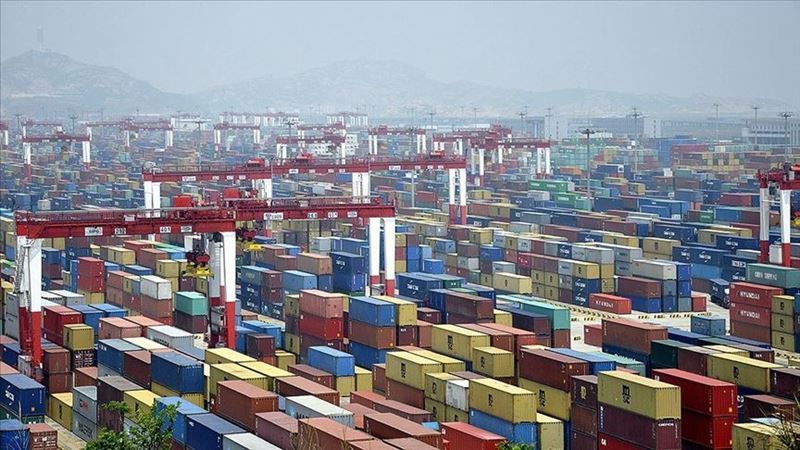Statements and sanctions, which reduced the hopes of negotiation within the scope of the Russia-Ukraine war, continue to increase the volatility in the markets, especially in commodity prices. The continuation of the harsh tone in the statements of the USA, Russia and Western countries on the subject raises the expectations that the war will continue for a while, while this situation keeps the concerns about the inflationary pressures triggered by the global food and energy prices on the agenda.
President Erdogan and Russian President Putin agreed that the next meeting of the negotiation teams of Russia and Ukraine will be held in Istanbul, which kept the hope for peace.
On the other hand, the signals of rapid tightening in monetary policies by the US Federal Reserve (Fed) officials and the expectations that the European Central Bank (ECB) will follow this hawkish stance of the Fed in the face of rising inflation cause the volatility in the bond market to continue.
With these developments, the barrel price of Brent oil, which tested $ 120.1 last week, was stabilized at $ 113.9 at the opening of the new week, after closing at $ 116.5 with an increase of 9.6 percent. The US 10-year bond yield, on the other hand, continued its upward trend for 3 weeks and tested the highest level since May 2019 with 2.52 percent. While the outflows in Germany's bond market accelerated, the 10-year bond yields in the country saw the highest level since May 2018 with 0.588 percent.
While a mixed course with high volatility was observed on the equity markets side, it is expected that the intense macroeconomic data agenda will guide the pricing in the new week. Looking at the data agenda of the week; In addition to the manufacturing industry Purchasing Managers' Index (PMI) to be announced around the world, the employment report and growth, which is the most influential indicator on monetary policy decisions in the USA after inflation, and inflation in the Euro Zone stand out.
With the macroeconomic data released in the USA last week pointing to the strengthening of the recovery in the country's economy, a positive trend was observed in the New York stock market, led by technology stocks. On a weekly basis, the Nasdaq index gained 1.98 percent, the S&P 500 index gained 1.79 percent and the Dow Jones index gained 0.31 percent. After closing the previous week at 98.8 with an increase of 0.6 percent, the dollar index is at 99.1 levels today. It is seen that the new week started with a decrease in the index futures contracts of the USA.
On the European side, initiatives to reduce dependency on Russian gas remain at the center of the agenda. Although the April natural gas prices rose up to 130 euros with the news that Russia is planning to switch to rubles in natural gas sales last week, after the USA announced that it would help with the supply, it started to decline and stabilized at 110 euros. Equity markets, on the other hand, followed a mixed course as inflationary concerns and, accordingly, expectations for monetary policies concentrated on the more "hawk" side. On a weekly basis, DAX 30 index decreased by 0.74 percent in Germany, FTSE 100 index increased by 0.21 percent in England and CAC 40 index remained flat in France. After depreciating by 0.7 percent last week, the euro/dollar parity reached its lowest level in almost two weeks with 1.0948 today. On the side of European index futures contracts, a selling trend is observed.
On the Asian side, a curfew was put into effect in Shanghai, China, in the face of increasing new types of coronavirus (Kovid-19) cases. While it is not known how long the said ban will last, it was stated that a two-stage Kovid-19 test will be applied throughout the process. On the other hand, closure was declared in the Huangpu region of the country for the period of 28 March - 1 April. On the Japanese side, after the long-term bond yields saw 0.25%, the central bank of the country intervened in the market by buying bonds. After this development, the dollar/yen parity reached its highest level since December 2015 with 123.2. Close to the closing, Shanghai composite index decreased by 0.1 percent and Nikkei 225 index in Japan decreased by 0.4 percent, while Hang Seng index in Hong Kong and Kospi index increased by 0.1 percent in South Korea.
Domestically, the BIST 100 index, which carried the upward trend in Borsa Istanbul for the fourth week in a row, increased by 1.46 percent compared to the previous week, despite a limited depreciation of 0.03 percent on Friday, reaching the highest weekly close of all time with 2,175.51 points. . Dollar/TL is traded at 14,8250 at the opening of the interbank market today, after closing at 14,8359 with an increase of 0.2 percent last week.
Analysts stated that the Russia-Ukraine war continues to be a determining factor on pricing on a global scale, and said that the direction of the movement in the commodity and bond markets is important in terms of shaping the risk perception.
Stating that the guidance of the US and European central bank officials regarding monetary policies and the intense data agenda will be followed this week, the analysts stated that a possible Turkey assessment by the international credit rating agency Standard & Poor's is expected in Turkey.
Analysts stated that the foreign trade balance to be announced in the USA, wholesale stocks and Dallas Fed Manufacturing Index came to the fore on today's data agenda, and noted that technically, 2.150 and 2.130 levels in the BIST 100 index were support and 2.195 points were resistance.
The data to be followed in the markets today are as follows:
14.00 BoE Chairman Bailey's speech
15.30 US, February foreign trade balance
15.30 US, February wholesale stocks
17.30 US, March Dallas Fed Manufacturing Index











Comments
No comment yet.